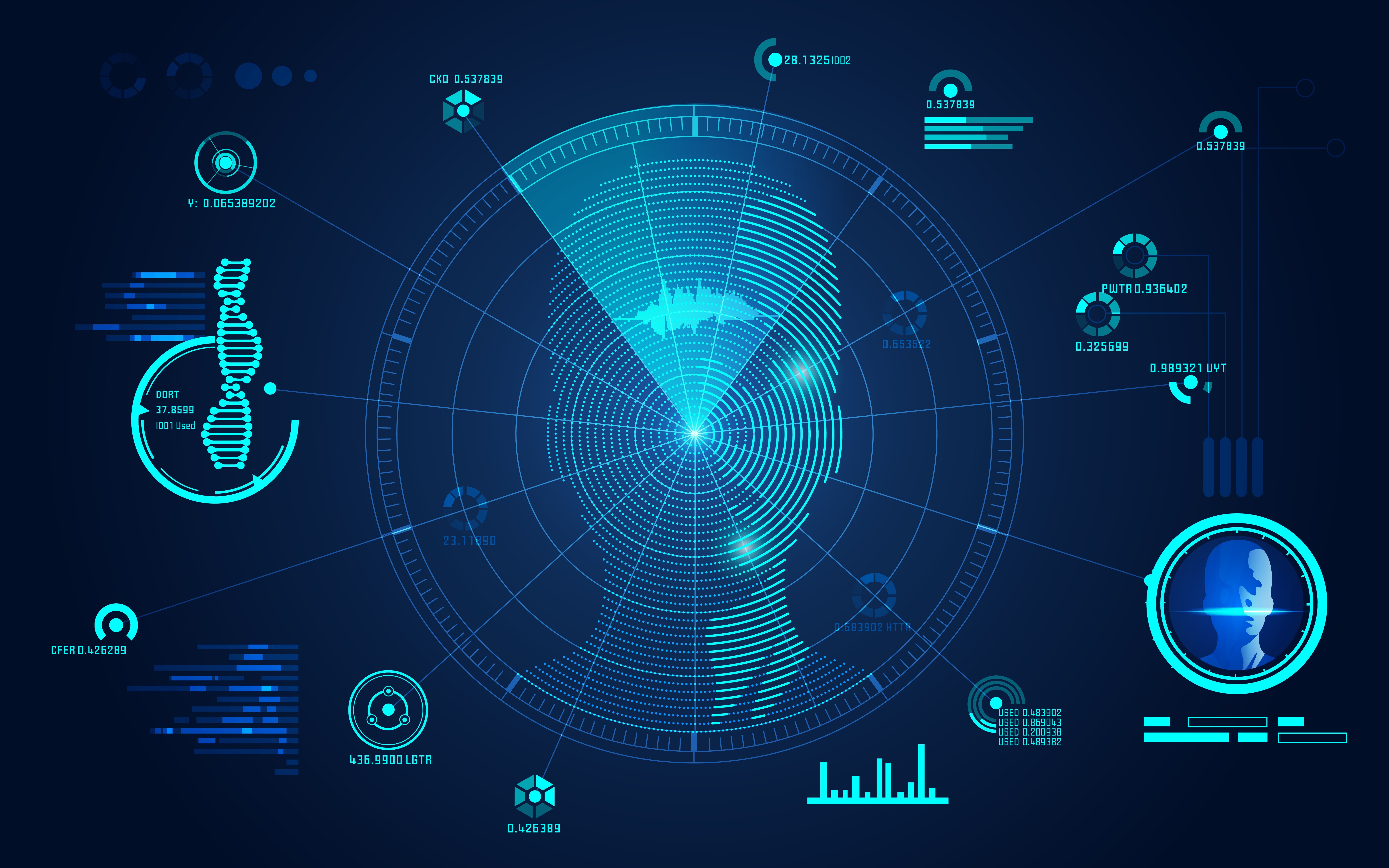Researchers in China are reportedly using blood samples taken from Uighurs and other predominantly Muslim minority groups in an attempt to innovate a technology that can reconstruct faces from DNA. However, experts in science ethics are voicing concern over the project's potential of building a tool that may be used unethically, to intensify and justify racial profiling.
 Image Credit: Jackie Niam / Shutterstock.com
Image Credit: Jackie Niam / Shutterstock.com
Using DNA to recreate faces will help government mass surveillance projects
While the technology remains at the primary stages of development, it can already generate rough facial reconstructions, good enough to be used to narrow a manhunt or even eliminate suspects from an investigation.
As the technology, which is also being developed in the USA, develops further, it is expected that it will eventually have the capabilities of re-creating faces accurately enough from DNA samples to assist the Chinese government in tasks of mass surveillance and facial recognition, such as identifying dissidents and protesters as well as criminals.
This is what has raised red flags with experts who work in the ethical side of scientific study who are concerned about the downsides to allowing governments to have the power to interrogate people's DNA.
What is the technology being developed?
The technique, known as DNA phenotyping, was first developed to help anthropologists, archeologists, and historians make informed assumptions about what our ancestors would have looked like. Currently, the method is being developed to help gain a deeper understanding of the complex interplay of different genes gives birth to certain facial features, such as skin color, eye color, and traits associated with certain ancestries.
The technology makes an educated guess using the DNA as a blueprint as to what the person may look like. Right now, the technology is not ready to make accurate reconstructions of specific individuals, but that is where development is aimed at. Presently, the identification of a handful of basic features is the limit of what the technology can achieve.
Is it ethical?
China is not the first country to conduct projects aimed at developing DNA phenotyping. However, these projects weren't without backlash from ethicists, and the debates that arose resulted in legislation and best practices being set up concerning the use of DNA profiling in law enforcement. What's worrying in the case of what China is doing is that experts have doubts as to whether the DNA samples were taken with consent. What's more, there are growing fears surrounding the Chinese government's crackdown on the Uighur community.
There are many benefits to evolving DNA phenotyping that exists outside of the realm of government surveillance. Many countries use the method to enhance their forensic toolkit. DNA phenotyping can be used to identify specific DNA markers within samples of suspect's DNA, allowed them to understand their ancestors and features that they are likely to possess, such as their predicted skin color.
This information can help to reinforce witness statements, or bring new key leads out of crime scene evidence. The way the method is used in forensics is focused on obtaining genetic profiles from samples collected at crime scenes, rather than harming dignity or integrity rights.
The work that the Chinese government is doing, on the other hand, has the potential to, and may already have, infringed on human rights and harmed dignity.
Should work continue?
While there are many benefits to advancing DNA phenotyping to ascertain more accurate facial reconstructions, there is an increasing number of scientists and human rights activists who warn of the potential to do harm with this technology.
Particularly in the case of the Chinese government, who are already known to be building up an arsenal of technologies that experts describe as 'technologies used for hunting people', firm guidelines need to be established for the use of this emerging technology. This will help protect not only marginalized groups in China, but around the world.